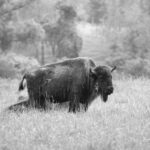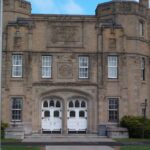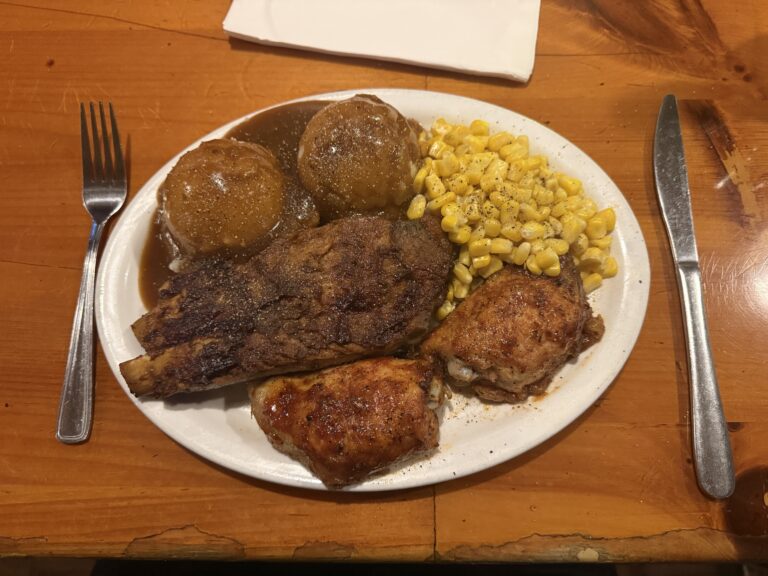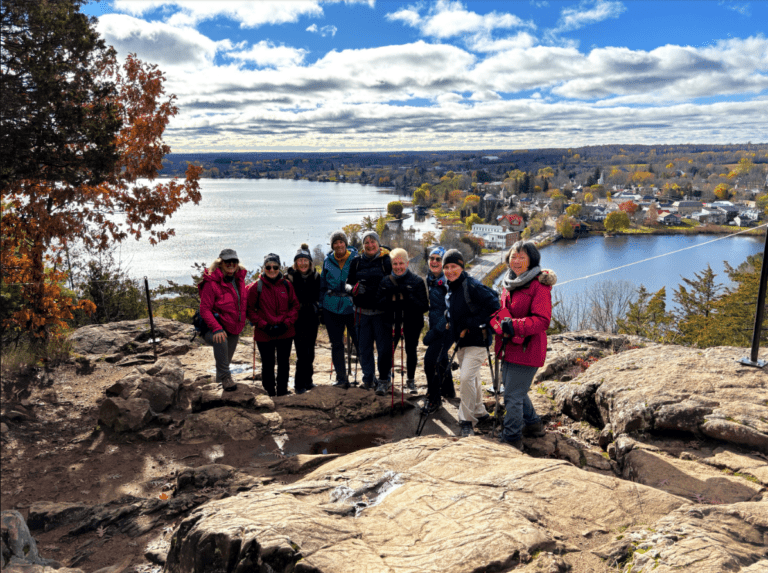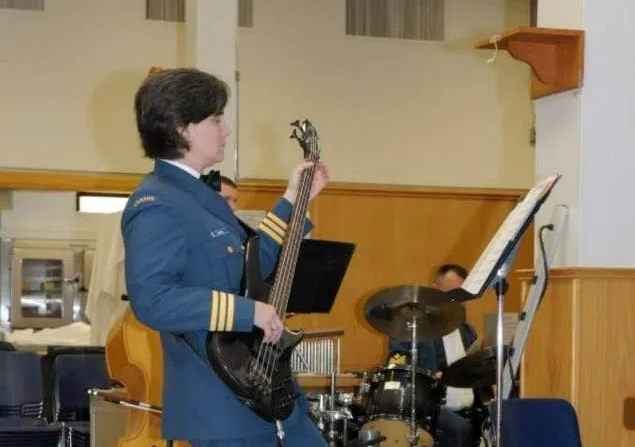
Deanna Manson (LCol. Retired), CD (Cdn. Forces Decoration), M.A., P. Log.(Professional Logistician). A graduate of General Vanier S.S., Deanna Manson is a retired Lieutenant-Colonel (LCol), athlete, musician, and former United Nations’ employee, who now works for the Canadian Border Services Agency (CSBA).
Q.1. Most people reading your CV would be pleased to have accomplished just one of your achievements and retire on their laurels. What keeps you motivated?
A. I feel proud that my entire professional career has been dedicated to public service with the Canadian Armed Forces, the U.N., and CBSA. When I retired from the military in 2017, at age 48, I intended to keep working and the opportunity to work for the U.N. was a dream come true. I am motivated by doing good things for Canada. In my duties at CBSA, I manage a team of Hearing & Appeals staff that go before the Immigration and Refugee Board.
Q.2. Can you relay two of your fondest memories of Cornwall?
A. I love the water and I love fishing, so fishing with my Grandpa Manson on Lake St. Francis embedded those loves into my soul. I developed my passion for music at GVSS under the guidance of Mme. Rachel Villeneuve who got me into the SD & G Youth Band and a spot in the pit orchestra for Glen Productions.
Q.3. What led you to joining the military?
A. In grade 13, I spoke to a military recruiter about joining the military as a musician, however, I played the bass violin and there was no demand for that instrument. After looking at my high school marks, the recruiter suggested that I apply to the Royal Military College. I joined the military as an Air Force Logistics Officer, not really knowing what “logistics” was, but I loved my job and served for 28 years!
Q.4. What two military traditions are the most meaningful to you?
A. I love military bands, ever since I saw the Central Army Band in grade 7. I played bass violin and guitar at events and marched in parades. I also participated in military sports programs, including the broomball skills that I learned to at Sir John Johnson P.S. in Cornwall and even won a trophy for contributing to the CAF women’s hockey program.
Q.5. What challenges did you face as a woman in the CAF? What challenges did you face as a student in general?
A. I entered the College in 1989 when things were still pretty tough for women. In those days, Cadets were hazed and put through rituals (disguised as training), that would not be allowed today. I remember distinctly attending a briefing by the Director of Cadets where he explained that a new CAF harassment policy had just been implemented that specifically banned hazing. After the briefing we went back to the barracks and were hazed! We were called “S.W.E.A.T’s” – “Silly Women who Eat All of the Time.”
Q. 6.What did you graduate in and how did you become a P.Log?
A. I graduated with a Honours B.A. in History. During the summers I trained in my occupational specialty, so by 1992, I was fully trained as a Logistics Officer specialising in Transport. I later earned specialties in Air Movement and Control. I returned to RMC in 2003 – 2005 for a M.A. in Defence Management and Policy. As part of my occupational training, I earned the P.Log designation and maintained it throughout my professional career.
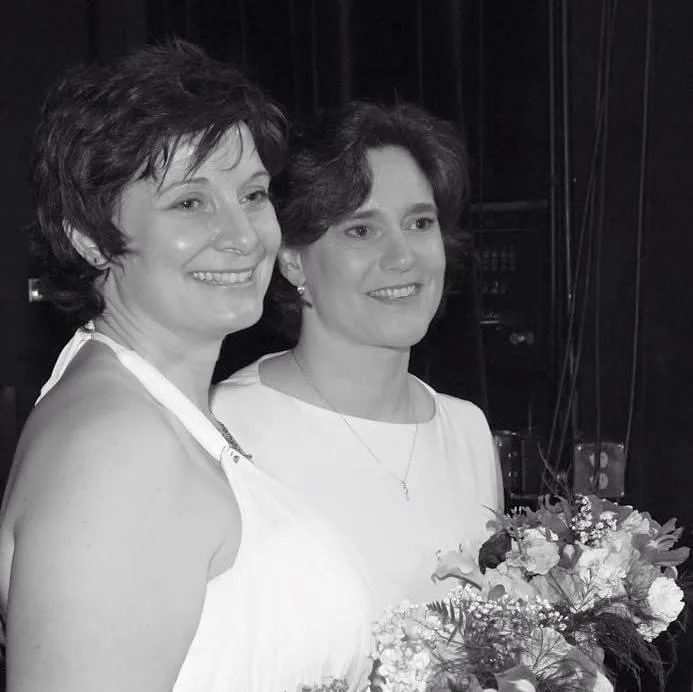
Q. 7. What was your first posting?
A. Out of RMC as a Second Lieutenant and fully trained, I should have been posted to a base/wing, but there was a shortage of positions. Consequently I was posted to Air Command Headquarters in Winnipeg and assigned as a staff officer. Not a normal start to a career, but I learned SO MUCH under the command of Air Force legend, Col. Bob Pirson. After a year I was promoted to Lieutenant and moved to 14 Wing Greenwood, N.S., as a Transport Officer.
Q. 8. What country did you find most interesting when deployed overseas?
A. Honduras in 1998 after Hurricane Mitch. Disaster response operations are much more challenging from a personal and logistics perspective and when we arrived in Honduras, we commenced operating with very little infrastructure or other necessities. Nevertheless, we had to get to it and start receiving military equipment and humanitarian aid. Morale within my team was the best I have every experienced.
Q.9. What posting did you enjoy most?
A. My favourite domestic posting was Yellowknife, where I finished my career. As the Deputy Chief of Staff Support I was responsible for all logistics, engineering and telecommunications support to our expansive Arctic.
Q.10. You attained the rank of LCol. For those of us who do not have a military background, we have the impression that you are “top dog” at your post and that your word is the “law.” Is this a misconception?
A. Not everyone becomes a LCol, and I was lucky enough to command at that rank. When I was posted to 4 Wing at Cold Lake, for example, I was the Wing Admin. Officer which meant I commanded all of the military and civilian personnel responsible for HR, Personnel Support, housing etc.
Q. 11. Can you tell me about your “dream job” at the U.N.?
A. I explored the possibility of working for the U.N. throughout my career and was asked twice to do secondments that did not materialise. In 2017 I noticed a civilian job opening for a Movement Control Officer in N.Y. City, and applied, and heard from the hiring manager right away. As a woman, I was also a target candidate. It took 15 months for me to land the job. It was the business that I knew well from my military career and as a huge theatre buff, being in N.Y. City was also a dream come true.
Q. 12.What are some of the highlights of your musical career?
A. In 1986, I joined the “Congress of Strings” youth orchestra sponsored by the American Federation of Musicians, which took place in New York City. Playing with 11 orchestras in 8 cities, I had the opportunity to play in amazing settings, including a New York Philharmonic rehearsal conducted by Leonard Bernstein. Orchestras I played with include Ottawa Youth Orchestra, Divertimento Community Orchestra, and Glen Theatre in Cornwall.
Q.13. You have developed some successful life skill theories. Can you tell me about your “Destiny Theory,” and how it applies to your career(s) and life?
A. My destiny theory is that paths present themselves and we choose to take one or another, but sometimes we’re guided to choose a fork in the road. The unforeseen path can lead to fulfillment and better opportunities. For example, at Staff College in Toronto, I was promoted to LCol and given the least appealing choice at Cold Lake due to being single. Despite being teased, I bought a great house and the posting ended up being rewarding. This led to my posting at Yellowknife, the pinnacle of my career, where I found an amazing job and my partner.
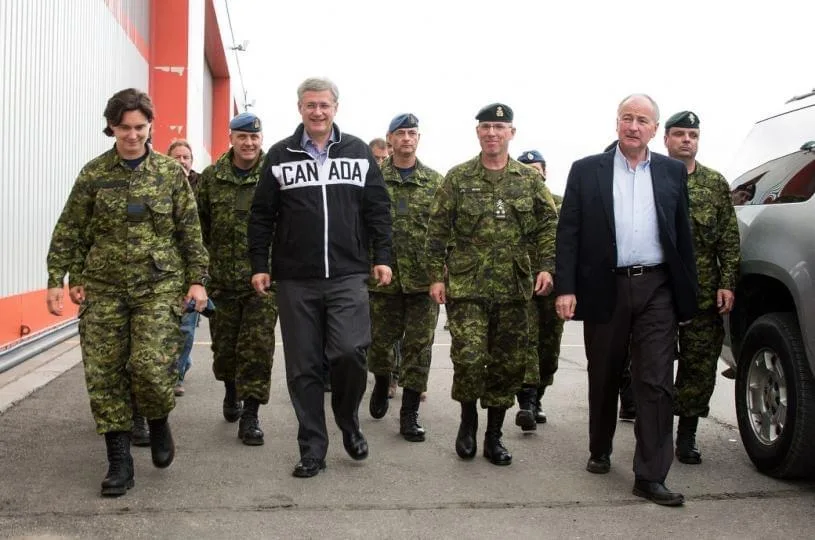
Q. 14.Please elaborate on your “Pie of Life Theory,” and how it has played out.
A. In my world, fulfillment comes from work, extracurriculars, family/friends, and romance. But you can survive with less. For example, lacking music/sports can be sad, but good family and partner relationships can compensate. Being far from family and single is tough. In Africa, poor work and no extracurriculars made for a bad scene. Now in Calgary, great work and playing music with friends make for a fulfilling life at home with pets and a partner.
Thank you very much for the interview!!



